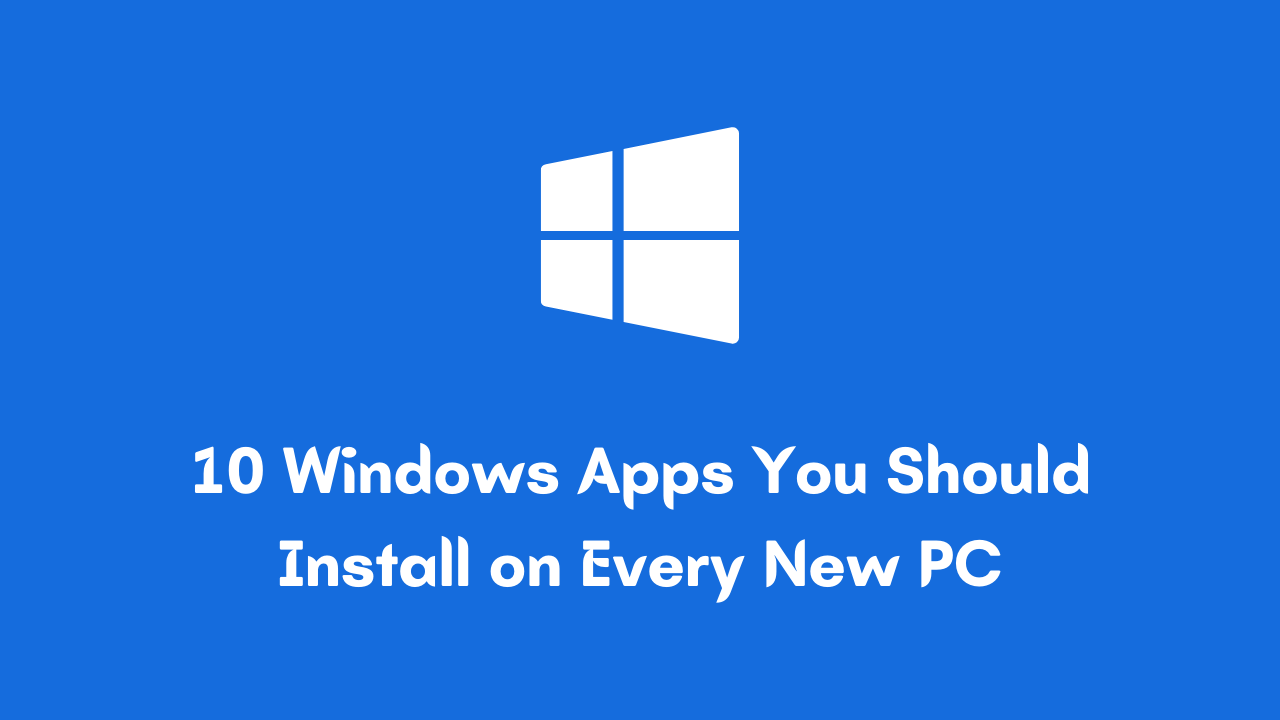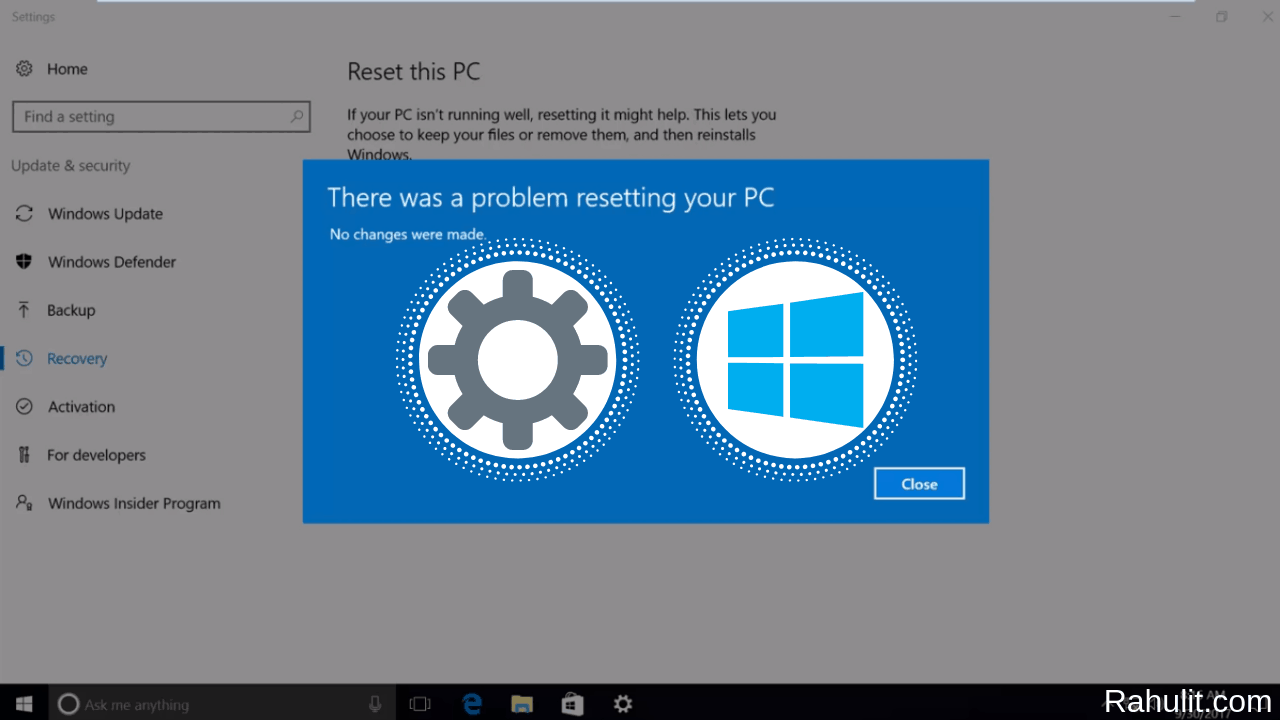Last updated on March 9th, 2019 by Rahul Kumar Singh
Viruses are a huge threat to businesses. Running a business takes a lot of manpower. It also costs a fortune. Cloud computing helps with economies of scale and it allows organizations to access a wide range of services on one platform. All this happens online.
For people looking to use this direction for their business, the fundamental question that comes along is security. Many online horror stories of people getting viral intrusions and losing tons of valuable data have led to several people being skeptical.
Many organizations have had to come up with anti-virus software that protects cloud platforms from such malicious programs.
Some of the world’s biggest companies use cloud platforms to run their businesses. Equally, some of the world biggest tech companies that provide anti-virus software have pooled their resources to research and create cloud anti-virus software.
This very modern solution is a great way for companies to secure their systems. Viruses such as ransomware have rendered traditional anti-virus systems useless and more companies have had to protect their systems by using this method.
Contents
Benefits and drawbacks of cloud-based anti-virus software
The first benefit that has made cloud platforms more beneficial is the fact that the same anti-virus software can simply be used across multiple platforms. That means that all company devices can be protected by the use of the same anti-virus.
Many threats can easily be managed across these platforms when one uses this type of anti-virus software.
Centralization of administration is yet another benefit one can expect to get from the use of cloud-based anti-virus. As long as the devices have access to an internet connection, the managers are able to scan and fix issues live on the cloud-based antivirus software.
Businesses have a lot to benefit from cloud-based anti-virus software. This is because the best companies that provide this types of services have invested in ensuring the software can be easily be integrated into existing company servers.
This is so as to maximize the number of devices that can benefit from this services. That means that upon acquisition up to a hundred devices can benefit. The numbers may vary depending on the software provider.
That means in-depth research is needed before settling on one specific company to ensure maximum utility for specific businesses.
The major drawback of this type of anti-virus software is that it requires an internet connection to run. In the event that there is a loss in connectivity, this antivirus software will not run.
Companies using this types of software have to ensure they have constant connectivity to gain the maximum use of this software.
They also cannot run on the background. This means that not all programs that run are scanned. This might require some cloud-based anti-virus applications to be used in addition to traditional antiviruses.
This beats the purpose since most businesses are looking for ways to cut costs and not acquiring extra costs.
Now that you are well versed with some basics on cloud-based anti-virus software, there are several companies that provide this type of product. While the basic concept is the same, the specifications for each company varies.
This is driven by the need for effective competition within the market. This competition is great news for you the customer because there are constant upgrades to keep up with trends and stand out within the market. The top three current best cloud antivirus that companies can consider include;
#1. Malwarebytes
This software company provides three basic types of protection for your devices. First is multi-vector prevention. This is done from two endpoints that this company offers that they claim features seven layers of technology.
It also offers a dashboard for threat visibility and the system can be managed centrally. It prevents zero-day exploits, adware, malware PUPs as well as ransomware. This is one of the best antiviruses for windows as well as mac.
They also offer remediation. This means that incident response is done by their program and the threats from endpoints removed. Malwarebytes remediates PUPs, Malware and Adware.
Lastly, the Malwarebytes system also provides Endpoint detection response (EDR) by use of a single agent and this is to reduce the complexity associated with this type of process.
You get a thirty day free trial with Malwarebytes to find out if this software works well with your company requirements.
#2. Sophos endpoint protection
This software is provided by a British software company with a primary aim on businesses and organizations. Their system works by use of the strategic analysis of the response, investigation and discovery process.
The Sophos software does not affect how your devices run. Rather, they are able to detect threats before they run on your device and stop them.
Sophos installation can be done on the cloud and also on the servers of your company or your organization. This automated virus detection by this software has made it one of the most sought-after cloud-based virus detection software on the market.
It also has a thirty day free trial for new customers and to get the software a form needs to be filled with the specific company requirements and they then send your company a quotation.
#3. Webroot
It’s from an international company which has its headquarters in Dublin. Webroot offers its endpoint solutions for both businesses and independent consumers.
This cloud-based platform used threat intelligence to rank and score more than ninety-five percent of websites three different times within a day.
They protect individuals from identity theft and their uninterrupted scans are very fast. They also pride themselves with the lack of “time-consuming updates”.
Individuals also enjoy login and password protection as also the elimination of online activity traces. There are three packages available depending on consumer requirements.
Businesses get endpoint security, threat intelligence services as well as network security from the webroot system. They also provide user education for businesses to ensure their users are well versed with the software for maximum utility.
There are several other clouds based anti-virus software to consider based on your needs. It is a revolutionary solution to a problem that has existed for many years.
As time elapses, this industry will continue to create more solutions and hopefully be more available for individuals as well besides companies and organizations








Exceptionally well-written post. The performance of antiviruses has drastically improved over the past decade. And it is only possible because of artificial intelligence and machine learning. Some other top cloud-based antiviruses that businesses can use are Kaspersky Endpoint Security Cloud, Avira Antivirus, McAfee, Bitdefender, 360 Total Security etc. However, I have a question regarding the security of the antivirus. Are cloud-based antiviruses more secure than traditional antiviruses?
thanks Rahul for this awesome content..
Okay 🙂
This is nice post.I imagine that everything has been analyzed extremely well. Right now there are obviously numerous organizations. Thanks!!
Thanks for the nice article
hello how are you there? is everything going well for you
very good articles really nice post
Hi Rahul,
Malwarebytes is a very good software. It is very effective against malware and adware. I ahve used it for years now and I can say that it is still numero uno when it comes to safeguarding your computers against malware and adware.
Thanks for sharing this post, have a great day. 🙂